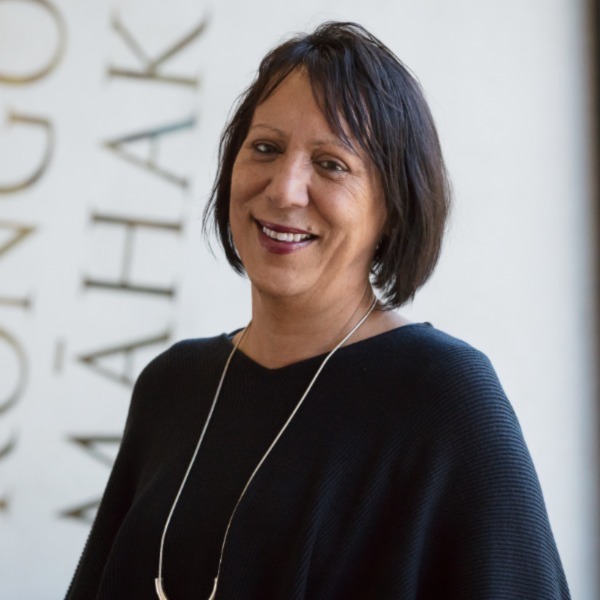OXFORD, UK. The Atlantic Institute, Rhodes Trust and Schmidt Science Fellows, and its partners announced the launch of a new project, the Vaccine Information Network (VIN), on COVID-19 vaccine acceptance in South Africa and Zimbabwe, with the goal of better informing efforts to promote vaccination in the two countries. This new project is a product of the Vaccine Safety and Confidence-Building Working Group (VacSafe).
VIN is supported by Schmidt Futures, the Bill and Melinda Gates Foundation, and Aspen Pharmacare. Founding VacSafe partners, Columbia University and the University of the Witwatersrand in Johannesburg, South Africa, are joined by RTI International, Charles River Medical Group in Zimbabwe, the Rhodes Trust based at the University of Oxford, the Atlantic Institute, and the Schmidt Science Fellows.
The project aims to increase COVID-19 vaccination rates through data-driven confidence building messages from trusted community leaders and partnerships with governments.
Evie O'Brien, executive director of the Atlantic Institute, said: “COVID-19 exacerbates existing inequities across the world, which is why we must try to combat the worst impacts of this virus on the most vulnerable communities. We hope that by bringing together global expertise from different disciplines and those from the communities most impacted, we can share findings to save lives and reduce the spread of this virus. One way of achieving this is to change the way that we think about how vaccine promotion occurs and by whom.”
Dr Elizabeth Kiss, Warden of Rhodes House and CEO of the Rhodes Trust said: “We are excited that Rhodes Scholars, Schmidt Science Fellows and Atlantic Fellows are joining this tremendously important study to develop better ways to reassure people and show them the power of vaccination to protect millions against the potentially deadly effects of COVID-19.
“As a community of leaders and change agents dedicated to creating positive change in the world, it is so important for us to collaborate with colleagues on projects like these that will make a real difference to people’s lives.”
The project will follow a three-phase approach in both countries, beginning with focus group discussions to understand the nature and drivers of vaccine hesitancy. In the second phase, the research team will recruit and interview a cohort of 2,000 COVID-19 vaccine recipients three times over six weeks to understand the motivations, barriers, safety perceptions, side-effects and other experiences of COVID-19 vaccination. In the final phase, the researchers will draw on their findings to co-design a strategic communications framework with local influencers, including religious leaders, community leaders and media.
“The drivers of vaccine hesitancy vary from country to country and even locality to locality,” said Dr. Larry Stanberry, Associate Dean for International Programs and Director of the Programs in Global Health at Columbia University Vagelos College of Physicians and Surgeons. “Without a better understanding of the local reasons behind vaccine hesitancy and how people overcome their hesitancy, it is challenging to build a strong local plan to promote vaccination.”
Dr. Tariro Makadzange, M.D., Ph.D., Founder and CEO of Charles River Medical Group in Zimbabwe added: “This project will equip governments and local influencers with the critical data and information needed to create effective messaging.”






.png)
